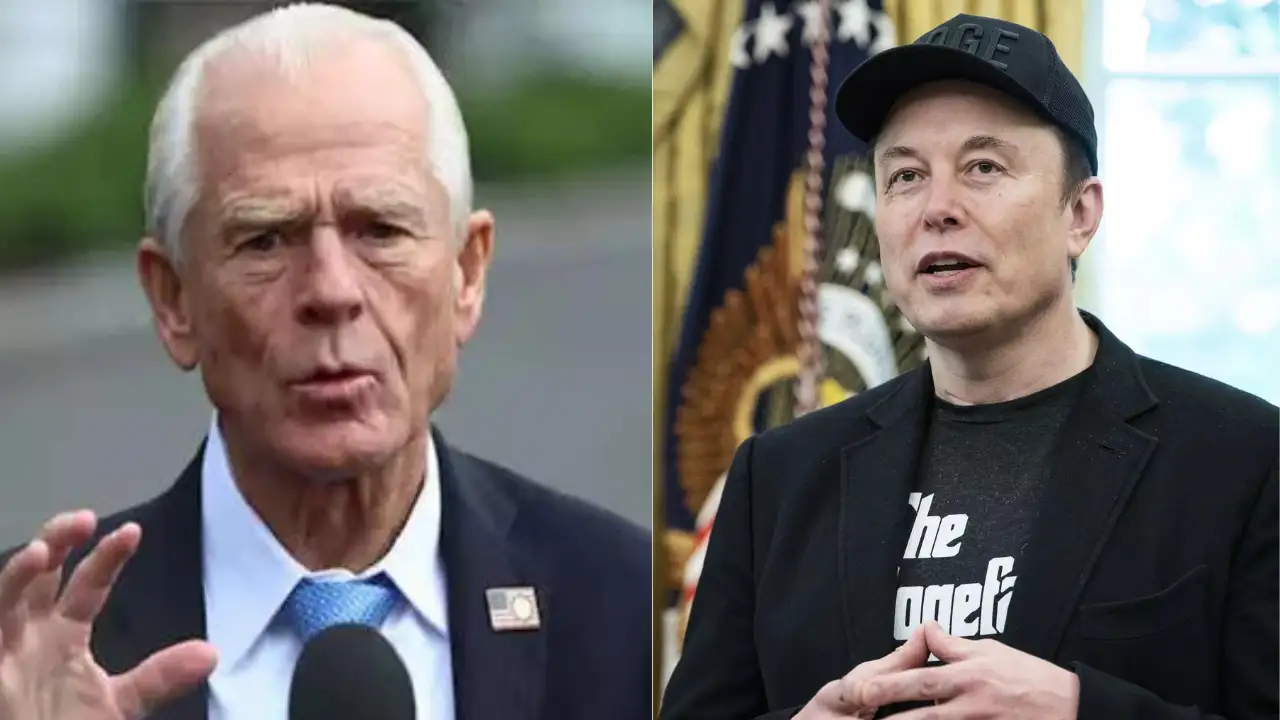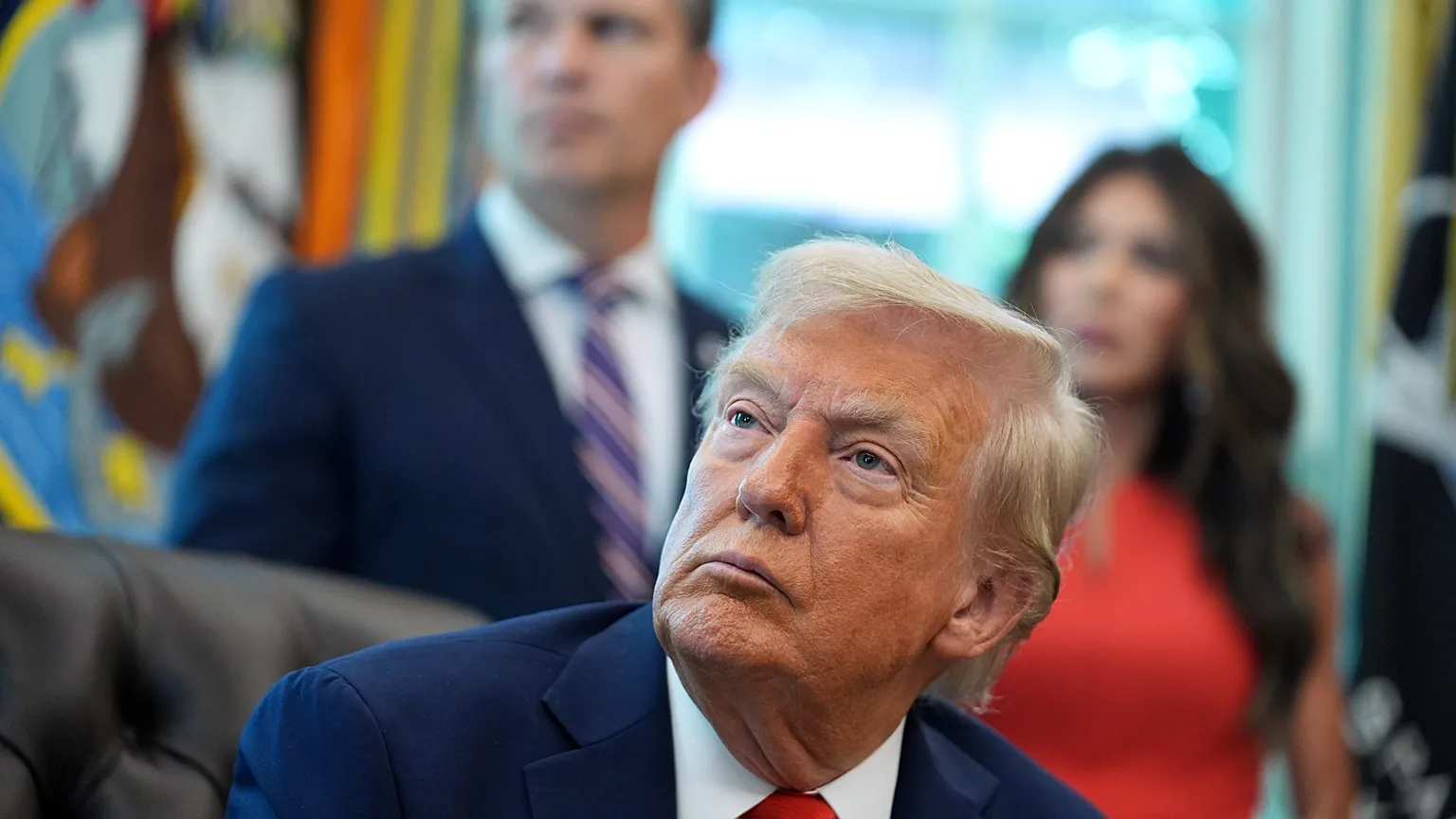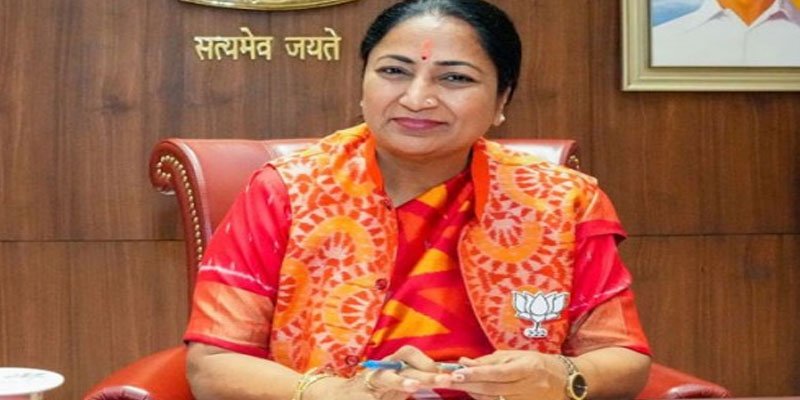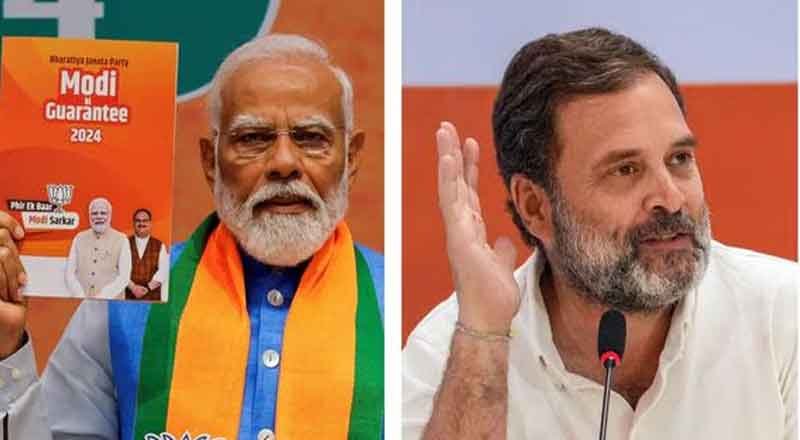
When Speech Meets Sovereignty: India Blocks 8,000 Twitter Accounts Amid Security Concerns
A Digital Frontline in a Time of Conflict
Amid escalating tensions with Pakistan, the Indian government has directed X (formerly Twitter) to block over 8,000 accounts within the country. The order, issued under national security provisions, follows the April 22 terror attack in Pahalgam and India's military response—Operation Sindoor—which targeted cross-border terror camps.
As India faced retaliatory drone and missile attacks from Pakistan, the information war intensified online. Many of the blocked accounts, including those of Pakistani political figures, celebrities, and international influencers, were reportedly amplifying narratives hostile to India’s interests. The government’s action, though controversial, is positioned as a protective step to guard public sentiment and national unity during a volatile moment.
Free Speech vs. National Responsibility
Elon Musk’s platform X publicly criticized the Indian government's directive, warning of “censorship” and a lack of transparency. The company stated that it had begun complying with the order by geo-blocking accounts in India, but expressed concern over the legal constraints that prevented it from publishing the executive orders or understanding the specific violations committed.
X emphasized that while it disagreed with the directive, it chose compliance to avoid penalties and to keep the platform accessible in India—a move it deemed vital to preserve access to information for Indian users. The Global Government Affairs handle of X, ironically, was also withheld in India after posting this statement.
Narrative Control in Hybrid Warfare
India’s directive must be viewed within the broader context of hybrid warfare, where information plays a decisive role. Misinformation, foreign influence campaigns, and digitally mobilized unrest are no longer hypothetical threats—they are real-world challenges with the power to fracture societies from within.
The government’s move to block accounts is thus not a blanket censorship but a targeted disruption of potential information threats. In times of military crisis, especially with cross-border provocations, controlling incendiary content becomes a matter of national stability. Social media platforms, while vital to discourse, cannot operate outside sovereign frameworks when security is at stake.
Preserving Unity Amid Noise
This incident underscores a critical dilemma in the digital age: how does a democracy preserve free expression without allowing its exploitation? India’s legal framework permits content restriction in the interest of sovereignty and public order. Yet, transparency and accountability in such decisions remain essential to uphold democratic values.
What is at stake here is not just digital freedom but the integrity of national discourse. India’s decision to block accounts may seem stern, but it reflects a state compelled to act decisively to prevent deeper divisions and unrest in a time of national threat.
Liberty with Boundaries
In moments of conflict, the lines between expression and incitement blur quickly. India’s move to enforce digital restraint illustrates a hard but necessary truth: freedom, to endure, must sometimes yield to responsibility. In a world where wars are fought not just with weapons but with words, sovereignty demands not silence, but discernment.
(With agency inputs)









